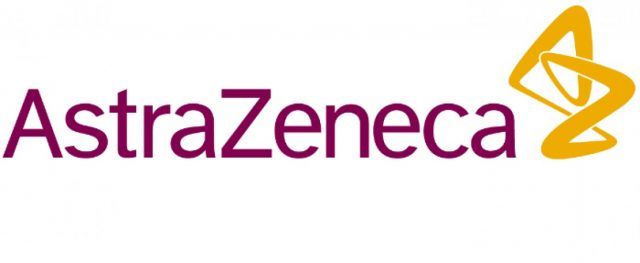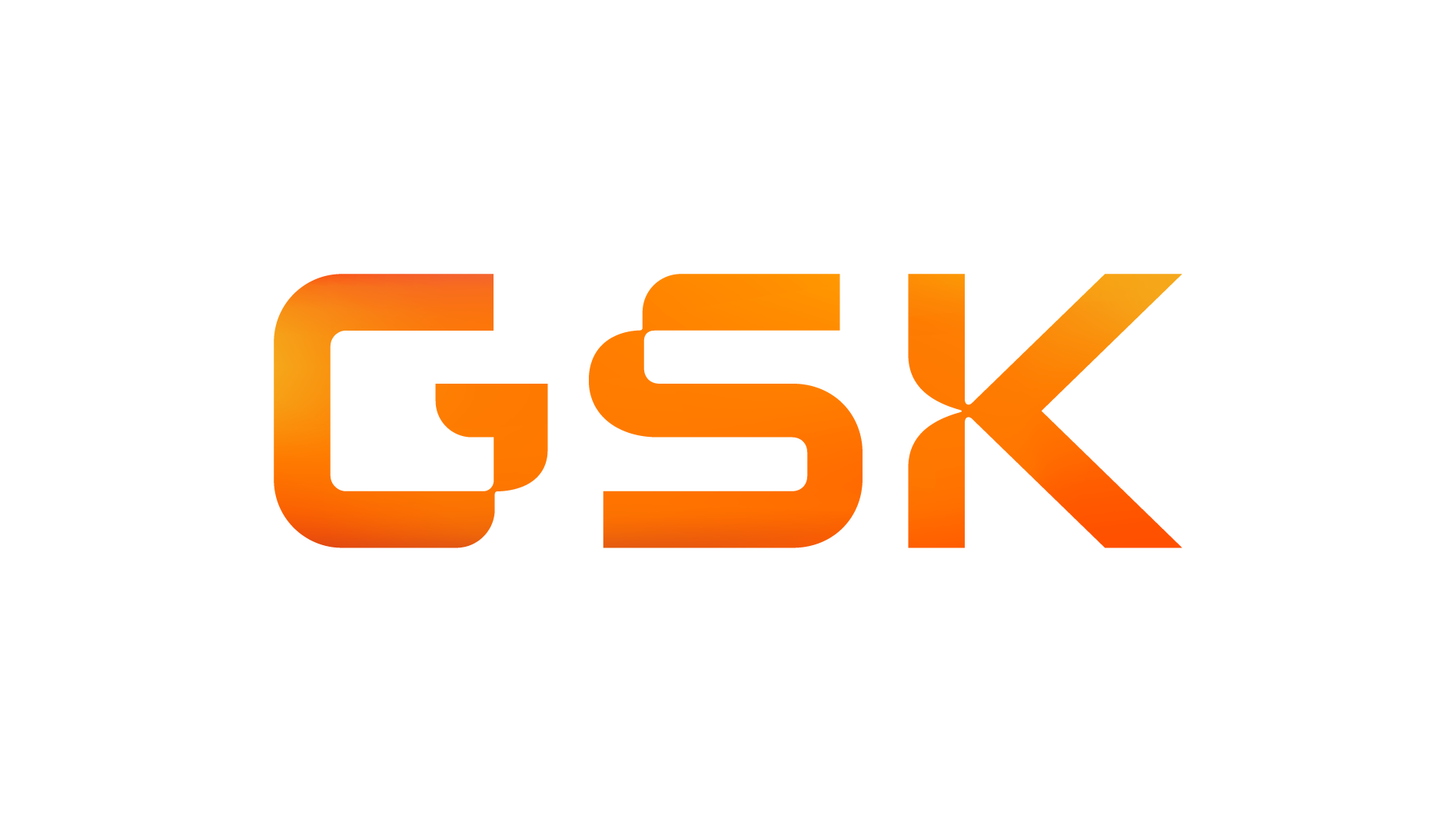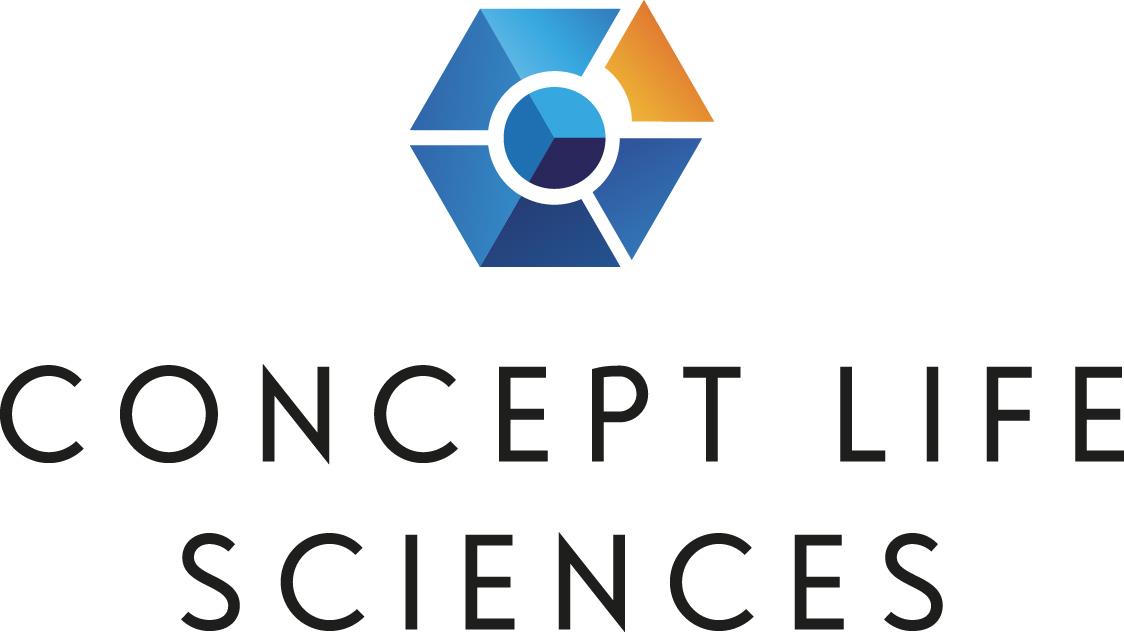15 October - 16 October 2024
Targeting protein degradation 4
Organised by:
SCI’s Fine Chemicals group and RSC’s Biological and Medicinal Chemistry Sector
Cranfield University, UK
Registration Closed
This event is no longer available for registration.
Synopsis
One of the most exciting new therapeutic modalities to emerge in the 21st century has been Targeted Protein Degradation (TPD). In 2021, the Targeted Protein Degradation Market size was valued at USD 400.5 million and is poised to grow from USD 507.0 million in 2022 to USD 3,300.0 million by 2030 and so has attracted interest from academia, non-profit organisations through to CROs and small and large pharma.
This multidisciplinary meeting aims to present the latest developments in the design, biology, chemistry and ADME in TPD within the general themes of PROTACS (including non-oncology targets), Molecular Glues and non-PROTAC degraders. We aim to highlight the newest in enabling technologies such as computational techniques, Direct to Biology, HT synthesis (click, photochemistry etc) and structural biology methods.
Attendees
The meeting aims is targeted at academic and industrial scientists engaged in all aspects of research into the ubiquitin proteasome pathway and those interested in broadening their knowledge in this rapidly expanding field.Call for oral and poster presentations
Submissions for oral and/or poster presentations are welcomed around the conference general themes. Abstracts should be maximum 300 words indicating title, authors, institution and preference for presentation option (Oral presentation and/or Poster) and sent to conferences@soci.org with the subject line “Targeting Protein Degradation 2024 - abstract submission”. Presentation slots are inevitably limited and will be allocated to achieve a balanced programme. Prizes will be awarded for the best presentation and poster. An abstract template can be downloaded here.
Deadline for oral presentations - Friday 31 May 2024 (decisions by end of June)
Deadline for poster presentations - Friday 30 August 2024
Exhibition and sponsorship
For further information and prices, please email conferences@soci.org.
Existing ExhibitorsBioascent Discovery
Charnwood Discovery
Selvita
MedChemica
Existing Sponsors
AstraZeneca
GSK
Apex Molecular
Evotec
Concept Life Sciences
Croda
Programme
Tuesday 15 October 2024
- 09.45
- Registration
- 10.25
- Opening Remarks
- 10.30
- Plenary lecture: Gazing into the crystal ball - what have we learnt and where does TPD research need to go next?
Ian Churcher, Janus Drug Discovery Consulting - 11.10
- Discovery of Novel Small Molecules Binders of Soluble Mutant HTT and Derivatization into PROTACs
Geoffrey Schwertz, UCB - 11.35
- Discovery of BclxL protein degraders for overcoming cancer resistance
Jim Sheppeck, AZ - 12.00
- Targeting cancer with panKRAS degraders
Vesna Vetma, Centre for Targeted Protein Degradation, Dundee - 12.25
- Lunch
- 13.30
- Photocatalysis enabled One-Pot PROTAC Library Synthesis
Jacqueline Bitai, Boehringer Ingelheim - 13.55
- Exploring the Pharmacokinetics of PROTACs: A Focus on Solubility and Metabolic Stability
Gabriele Cruciani, University of Perugia - 14.20
- CRBN-midi: expanding the toolbox for structural and biophysical characterization of protein degraders
Alena Kroupova, Centre for Targeted Protein Degradation, Dundee - 14.45
- Leveraging XChem Crystallographic Fragment Screening and Chemist-Assisted Robotics for Silent Hotspot Mapping and Rapid Fragment Expansion
Ryan Casement, Centre for Targeted Protein Degradation, Dundee - 15.10
- Refreshments and exhibition
- 15.40
- Making it stick – how can we convert inhibitors into molecular glue degraders?
Ben Bellenie, ICR Centre for Protein Degradation - 16.20
- Identification, optimization and characterization of Cyclin K molecular glue degraders
Douglas Thomson, Proxygen - 16.45
- Degradation of BRD9 by a novel targeted glue
Wojciech Stec, Amphista Therapeutics - 17:10
- Flash poster presentations
- 17.30
- Poster presentations and networking drinks (till 18:10)
- 19.00
- Conference Dinner
Wednesday 16 October 2024
- 09.00
- Refreshments and exhibition
- 09.15
- Plenary lecture: Molecular mechanisms and rational design of protein degraders
Alessio Ciulli, Centre for Targeted Protein Degradation, Dundee - 09.55
- Development and Application of Direct-to-Biology for High-Throughput PROTAC Synthesis and Testing
Rob Law, GSK - 10.20
- RSC BMCS Hall of Fame Award and Lecture: A career doing STUFF
Mike Hann, GSK - 11.00
- Refreshments and exhibition
- 11.30
- Enabling targeted protein degradation in bacteria
Ester Morreale, Crick Institute - 11:55
- Development of the ULK1-Recruiting Chimeras (ULKRECs) to enable proximity-induced and ULK1-dependent degradation of “undruggable” targets
David Selwood, University College London - 12.20
- Structural Insights into PROTAC Handle Development for the Cullin-2 Substrate Adaptor KLHDC2
Melissa Sweeney, University of Oxford - 12.45
- Lunch
- 13.45
- Plenary lecture: Targeting chromatin regulatory proteins with therapeutic degraders
Danette Daniels, Foghorn Therapeutics - 14.25
- Discovery of novel degraders for TPD applications operating through a CUL1/SKP1 SCF complex
Mat Calder, Phoremost - 14.50
- PROTAC-based approach to develop broad-spectrum antiviral agents triggering the proteolysis of the major viral protease
Alessia De Santis, University of Florence - 15.15
- Activin Receptor-like Kinase 2 Degradation as a Novel Therapeutic Strategy Towards the Treatment of Diffuse Intrinsic Pontine Glioma
Daniel Webb, Charles River Laboratories - 15.40
- Closing Remarks
SCI’s Fine Chemicals Group are committed to promoting diversity and equality in the chemical sciences. We aim to identify high quality speakers for all our conferences with full inclusivity where attendees from all backgrounds are welcome. We are open to offering flexible presentation options.
Accessibility Grants
SCI accessibility grants are available to support SCI members with disabilities, long term health conditions, those who require a carer, and members who are nursing parents to attend SCI events. Download an application form to apply for a grant.
Accommodation
Rooms onsite are available on a limited basis so booking early is recommended.
SCI’s Delegates require accommodation will need to email venuecranfield@cranfield.ac.uk or call 01234 754341 and quote Society of Chemical Industry, reference 395664 in order to receive the rates offered to you. Upon reservation guests will be asked to provide payment.
If the guest wants to hold a specific room (twin, accessible etc.) it will need to be asked at time of booking otherwise the reservation will be made on a run of house basis and we cannot guarantee availability at time of check in.
Mitchell Hall
https://venuecranfield.co.uk/mitchellhall/
- Single room with breakfast: 108.00 per night, per room
- Double room with breakfast: £135.00 per night, per room
https://venuecranfield.co.uk/cmdc/
- Single room with breakfast: 108.00 per night, per room
- Double room with breakfast: £135.00 per night, per room
Should you not be attending the conference dinner, there is a restaurant available at each hotel where you can purchase food and beverages.
Venue and Contact
Cranfield University
Located in: Cranfield UniversityCollege Road
Cranfield
Bedfordshire
MK43 0AL
Conference Team
Tel: +44 (0)20 7598 1561
Email: conferences@soci.org
Fees
| Early bird - ends Tuesday 10 September 2024 SCI/RSC Member - £215 Non-member - £295 SCI/RSC Student Member - £135 |
| After early bird SCI/RSC Member - £260 Non-member - £345 SCI/RSC Student Member - £185 |
Conference dinner
There will be a dinner available for delegates on the first night. This provides a valuable networking experience.
Places are available as 'optional extras' at £60 pp based on 3 x course meal and drinks included.
*RSC student members should enter the Event discount code EJRFCHEM235S and select "Guest member" under the section member type. Delegates will be contacted for their membership number after successful registration.
Become an SCI Member and save on this and future events
See Membership OptionsSign up as an Event Member to join this event. SCI Full or Student Members receive discounts on event registrations
Booking Process/Deadlines
Travel information
Cranfield University is well situated for access by road and rail (via Bedford and Milton Keynes). Taxis and buses are available from Bedford and Milton Keynes stations to the University. For air travellers, Bedford mainline railway station directly connects to Luton and Gatwick airports, Milton Keynes serves Birmingham International. Those travelling via Heathrow will need to travel into central London and from there onto Bedford or Milton Keynes.
For more details please see the link here.
Free transport will be provided for delegates to Bedford or Milton Keynes railway stations after the meeting. Please select abox to confirm which station you would required transport to when registering for the event.
Recommended taxi service
https://www.skylinetaxis.co.uk/
Bursaries
A limited number of bursaries are available for students as a contribution to the cost of registration fees, travel and accommodation. For more information and to receive an application form, please contact conferences@soci.org with “Targeting protein degradation 4’ in the title.Partners
Exhibitors
Sponsors
Organising committee
Sean Bew, UEAStuart Cameron, Concept life sciences
Nicola Chessum, Boehringer-Ingelheim
Katherine Jones, Charles River
Suzanne O’Connor, University of Dundee
Hannah Woodward, MSD

















.ashx?h=960&w=1501&hash=6589C2EE67CF3B093813CD4C07FC17C0)